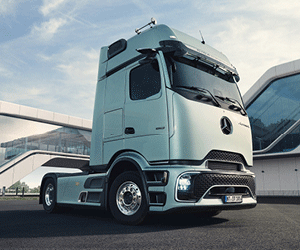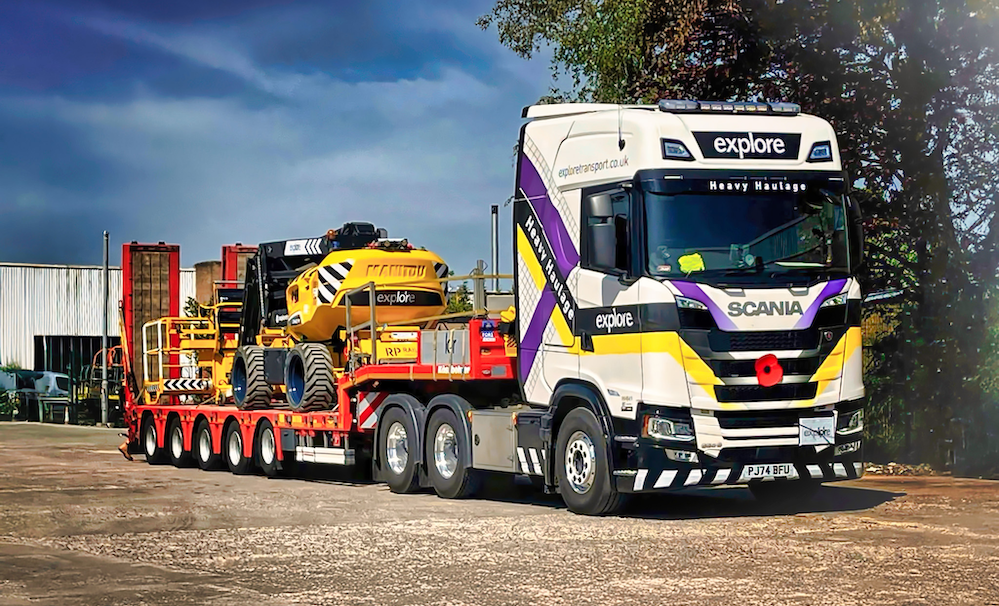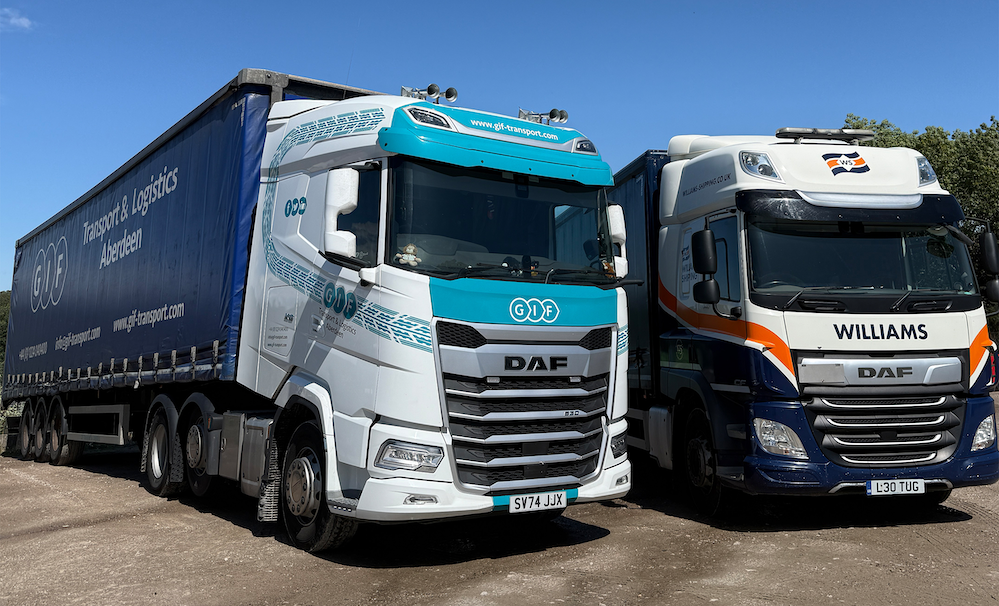The Mayor has indicated that the impact of auxiliary engines could be included in future air quality monitoring in London. This will be the first time that harmful emissions from secondary vehicle engines, such as on refrigerated trucks, will be measured and reported by a UK governmental body.
The news was highlighted in a response to a Mayoral question from Stephen Knight AM, which stated that: “officials are considering how best to do this for the following edition of the LAEI [London Atmospheric Emissions Inventory], which is likely to be published in 2017.”
This comes as concern about the impact of harmful impact of emissions is increasing. Recent research from King’s College, London, found that 9,416 premature deaths in London were caused by poor air quality in 2010 – the equivalent of 25 per day.
Auxiliary engines are generally diesel powered and are currently unregulated, meaning they are disproportionately polluting. For example, despite its small size, the engine used to power refrigeration on trucks can emit up to 29 times more potentially carcinogenic particulate matter than a modern Euro6 diesel truck engine.
Discussing the development, Stephen Knight AM said: “Auxiliary engines on delivery vehicles clearly have a serious impact on London’s air quality and it is time the Mayor took firm action to bring these dangerous emissions under control. These transport refrigeration units are a ‘hidden polluter’ and their emissions must now be properly measured and controlled.”
Adding to this, Dr Tim Fox, International Ambassador, Dearman, said: “It’s a disgrace that 25 people die prematurely every day due to poor air quality in London. As we speak thousands of refrigerated vehicles are delivering food to shops, restaurants and our homes. They may go unnoticed, but every transport refrigeration unit also delivers large amounts of dangerous pollution onto our streets.
“The Mayor’s response shows a small but significant shift in attitude towards these disproportionate polluters. We could make a sizeable impact on both NOx and PM pollution and improve the quality of the air we breathe, by bringing transport refrigeration units up to modern emissions standards – or even better making them zero emission. That small change could have a very big impact.”
Research, conducted by Dearman, has highlighted the disproportionately damaging impact transport refrigeration units could be having. Key findings include:
- there are approximately 84,000 transport refrigeration units on the road in the UK
- refrigerated vehicles travel approximately 84.6 million km annually in London alone
- their refrigeration units emit the equivalent of 49,125 tonnes of CO2,163 tonnes of NOx and 22 tonnes of particulate matter on London roads each year
- the CO2 emissions caused by transport refrigeration units in London every year could be equivalent to a family car driving 447 million km – that’s almost 2.4 million laps around the M25 or 11,200 times around the world
- if all transport refrigeration units in London could be made zero emission, then it would save the same amount of particulate matter as taking 327,510 diesel cars off the city’s streets
Dearman is developing innovative, zero-emission technologies to deliver clean cold and power. The most advanced is a zero-emission transport refrigeration system, which will help to significantly reduce emissions and meet fast growing demand for refrigerated transportation. It will be both cleaner and cheaper to operate, delivering environmental benefit without burdening operators with additional operating costs.
The Dearman transport refrigeration system is currently undergoing on-vehicle trials, will enter commercial trials later this year, and will begin multi-country trials next year.








